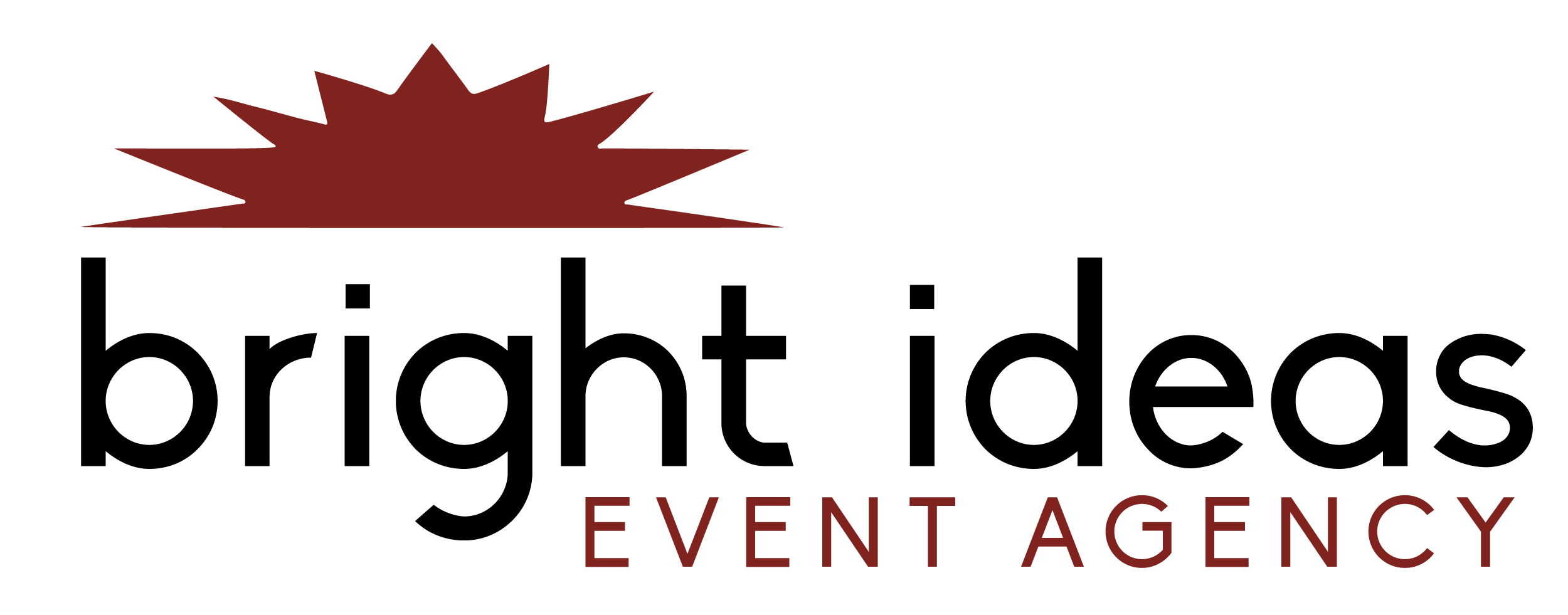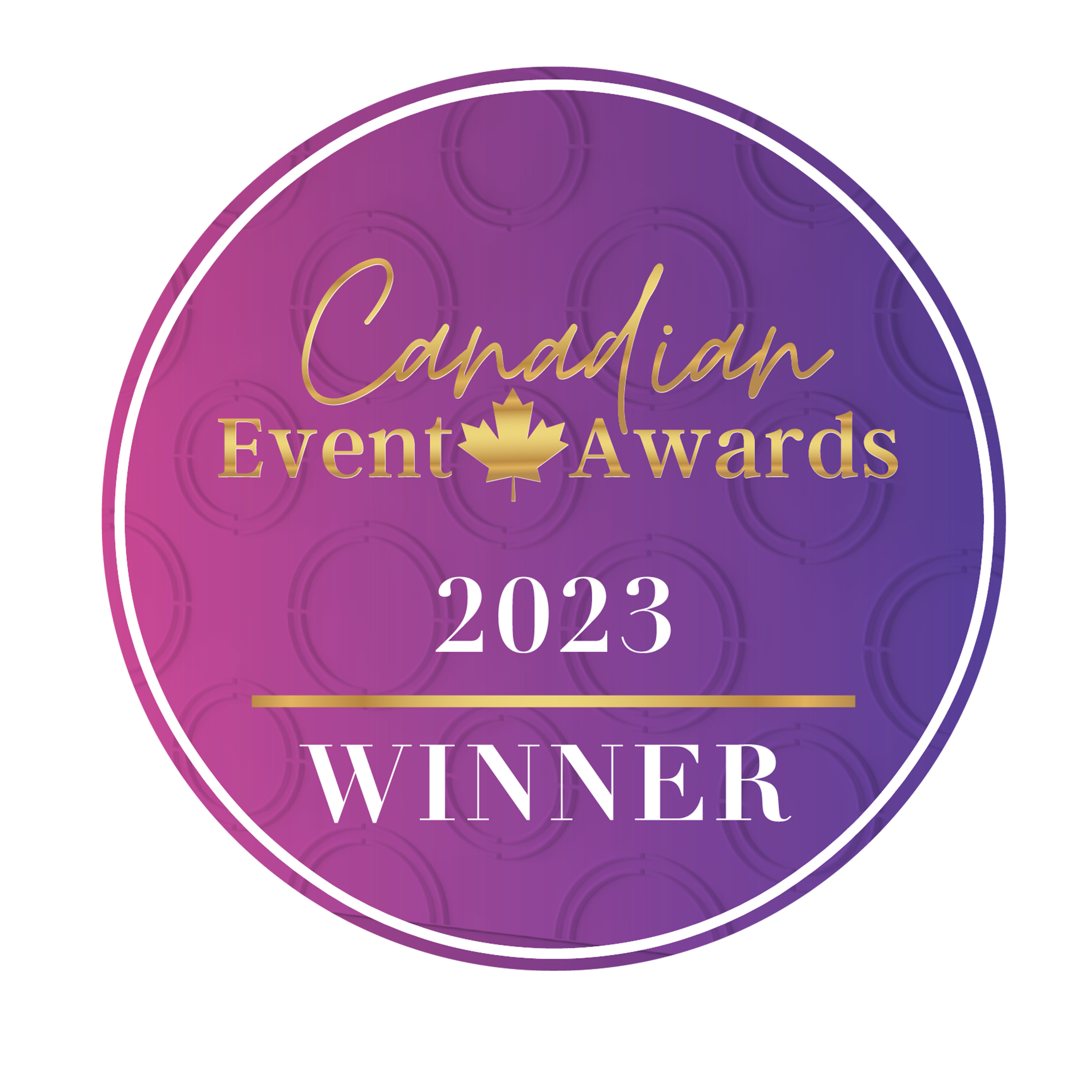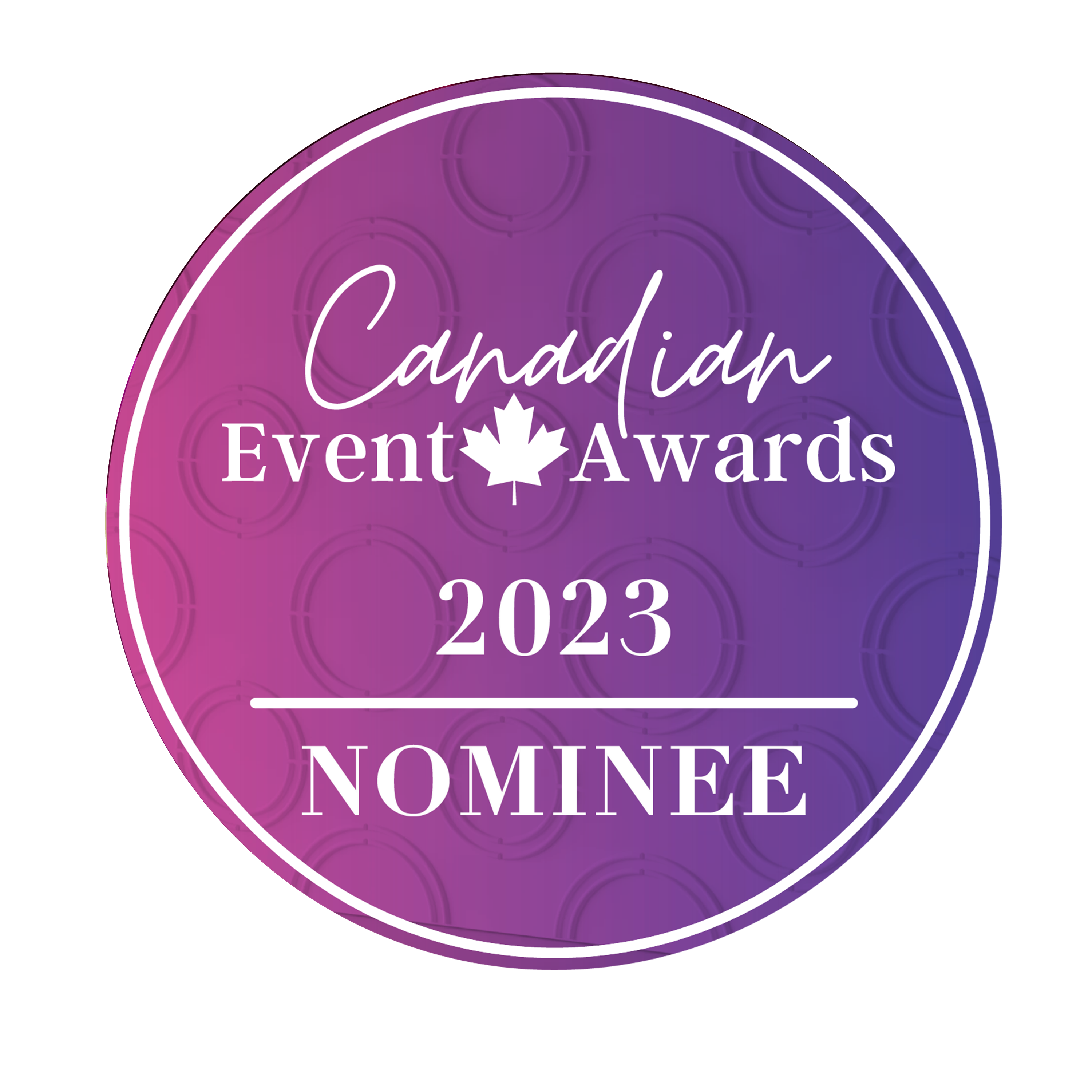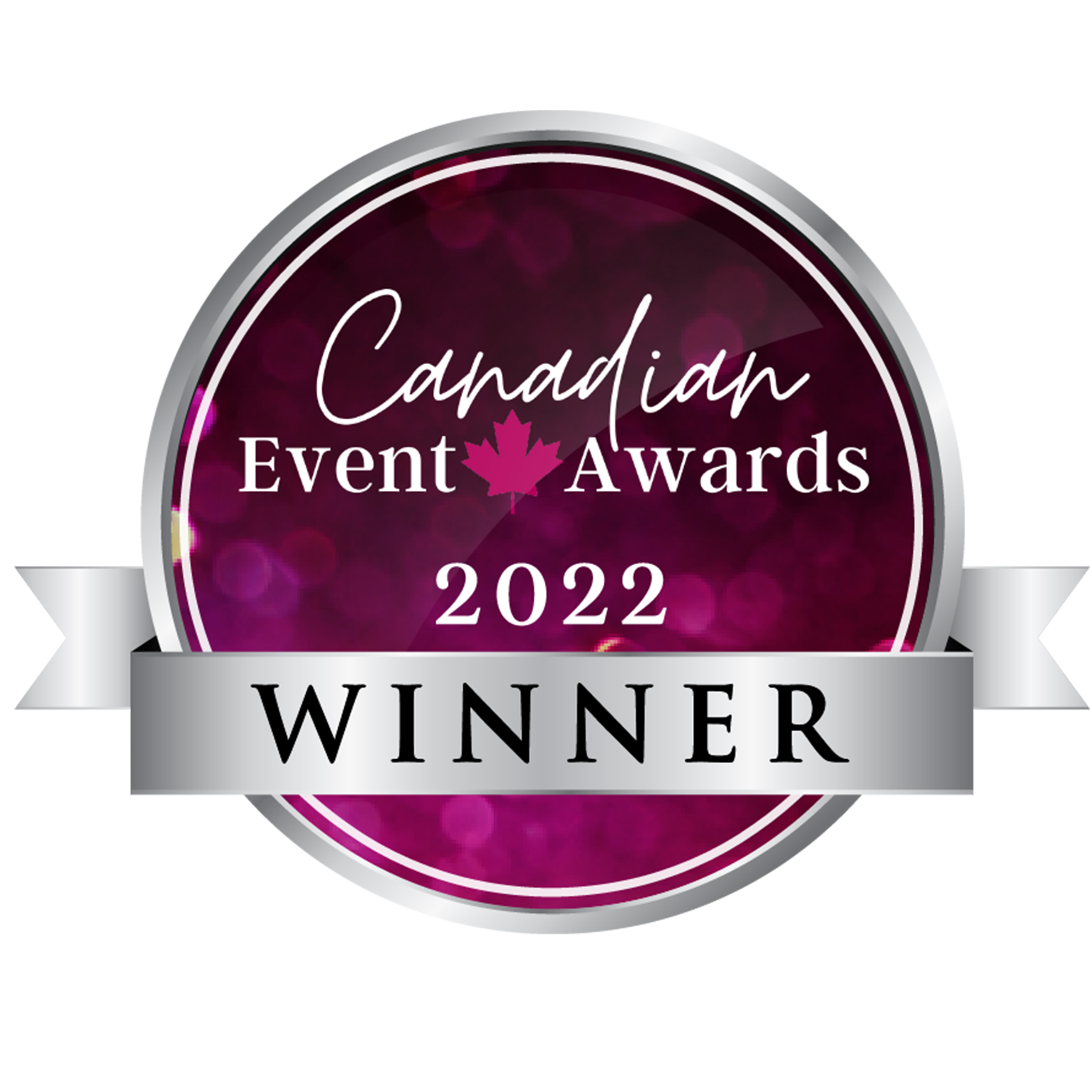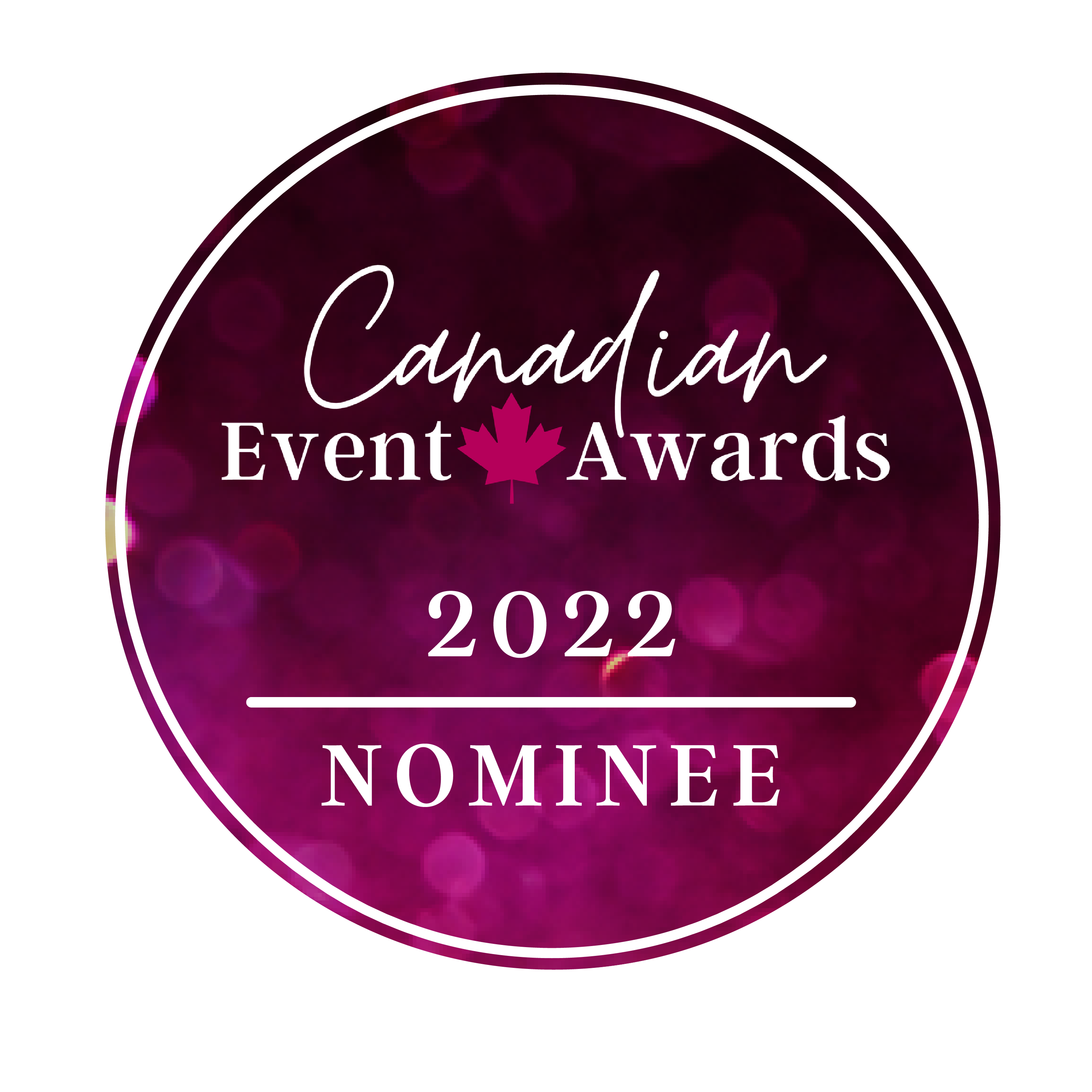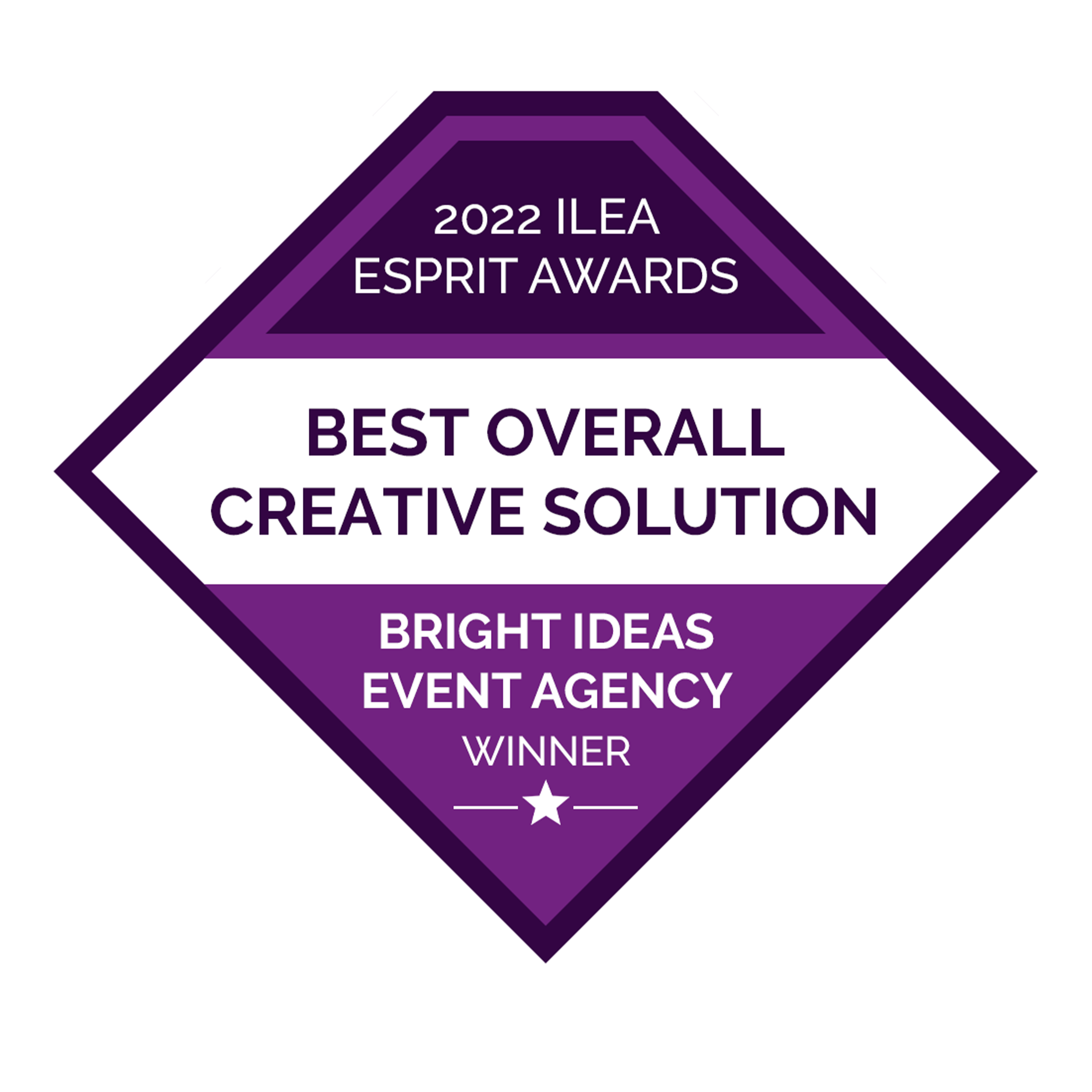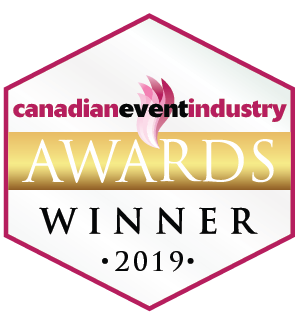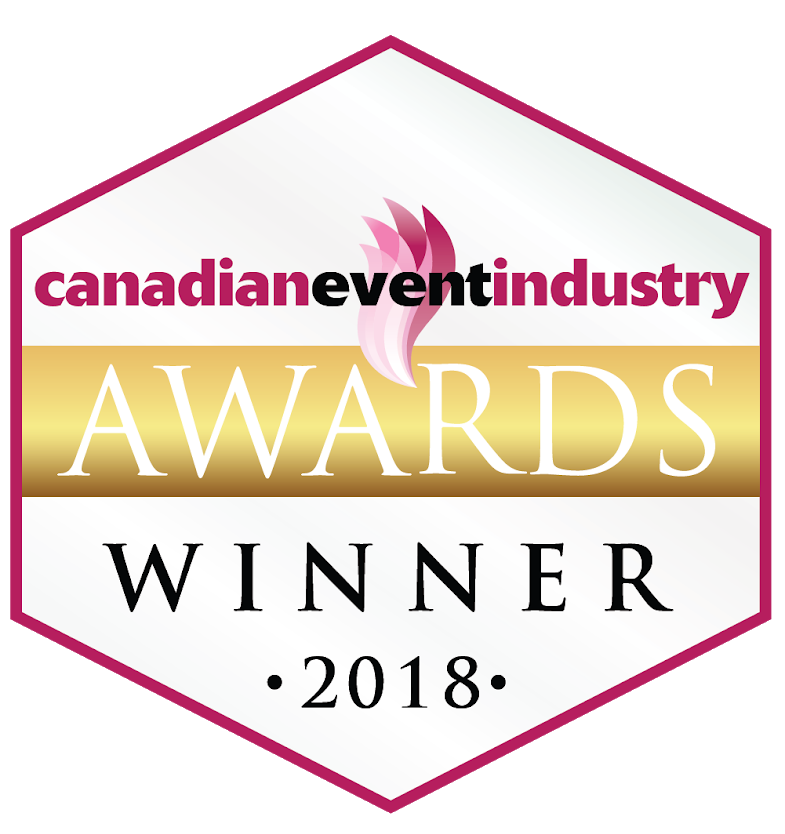Whether it’s your first, third, tenth or who knows what time to plan an event- planning your event goals and objectives is a step you don’t want to skip. Because planning an event without knowing your event goals and objectives is like walking blindfolded on a tightrope. Oh, and without support as well!
At Bright Ideas Events, we believe planning an event should be fun and exciting. That’s why we always bring you top knowledge, tools and advice on planning memorable events. Planning an event can be easy when you have the right event consultant by your side and they will ensure you don’t overlook those blind spots.
So, let’s reveal the curtain and learn all about meeting your event goals and objectives.
What are the event goals and objectives?
Event goals are where you start to get more specific about your vision. The best goals will support your overall event plan and correspond with your brand!
On the other hand, objectives will create the roadmap to achieving your goals. They are more specific than goals and should be created in detail to define the narrow, measurable and tangible results you hope your event will achieve.
What is the difference between event goals and objectives?
Event Goal:
- Boost your event sales by X% than your previous event.
Event Objective:
- Objectives for this goal need to go through a breakdown. For example,
- Have X amount of people attend the event.
- Gain X more sponsorships or donators
How To Plan Event Goals and Objectives?
S.M.A.R.T Goals
We can promise you that setting SMART goals with your event consultant can be the difference between your event triumph or an event flop. By setting yourself SMART goals you are setting yourself up for success.
You’ll stay on track throughout the entire event planning process, from venue selection to post-event survey questions, by creating S.M.A.R.T. (Specific, Measurable, Achievable, Relevant, Timebound) objectives that connect back to your organization’s mission and goals.
Examples of SMART Goals For Events
S – Specific: What outcome are you aiming for? The deadline? A specific objective could be “70% of the event participants signed up for the company’s monthly newsletter”
M – Measurable: You should measure your objectives with numerical data whenever possible. For example: “25 people attended the company event and 18 of them signed up for the monthly newsletter”
A – Achievable: You want to create objectives that are within reach. Be realistic. Set objectives that motivate you to succeed, but don’t set objectives that are impossible to achieve. For instance, in the example above, do not expect everyone who attends your event to sign up for the newsletter
R – Relevant: The objective should relate to your company’s goals. If it doesn’t, it’s not worth pursuing. The example is relevant to the company’s goals because more monthly newsletter subscribers ultimately mean more public interest
T – Time-bound: Objectives should be time-bound, meaning they have a defined start and end date so you can measure whether you met your goal during the allotted time. For example, by the end of 2023 increase conversion for the newsletter list by 70%.
Let the event planning begin!
Having a magical and unforgettable event is always our goal at Bright Ideas Events. We understand that sometimes it can be scary or confusing to do the first step by yourself. That’s why we offer event services that will ignite you and your event with a secret superpower.
Your event consultant expert will help you set your event goals and objectives and simplify your event planning process. You don’t have to walk this walk by yourself, connect with us today or book your first complimentary call with an event consultant and start creating impactful and profitable events.
Join our event planning community now!
